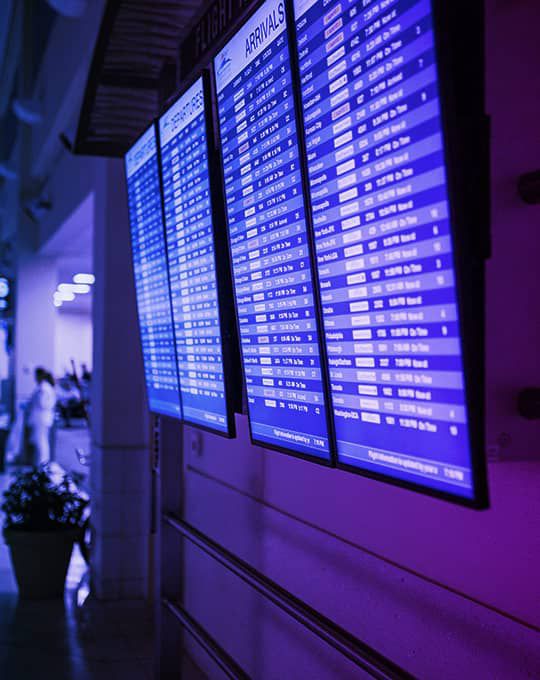23th september 2025
WHAT IS THE EES (ENTRY/EXIT SYSTEM)?
The EES is a new automated border control system at the external borders of the Schengen area.
It will replace the traditional manual passport stamping and will digitally record:
- Travellers’ entries and exits from the Schengen zone,
- Refusals of entry,
- The duration of authorized stays.
The dual objective is to strengthen security and combat overstays, while streamlining border checks through modern devices (kiosks, e-gates, etc.).

WHO IS AFFECTED BY THE EES?
All third-country nationals (non-EU/EEA/Switzerland) entering the Schengen area for a short stay, i.e., up to 90 days within a 180-day period, whether they require a short-stay visa or not.
Not affected:
- EU citizens and equivalent nationals (Switzerland, Norway, Andorra, Monaco, etc.)
- Holders of a long-stay visa (visa D) or a residence permit issued by a Schengen State.
WHAT DATA WILL BE RECORDED BY THE ENTRY/EXIT SYSTEM?
Upon first entry, travelers will be required to provide:
- Biographical data (identity information, travel document, nationality),
- Biometric data (facial image and fingerprints, except for children under 12),
- Locations and dates of border crossings.
This information will be retained for between three and five years, depending on the case.
Note: Refusal to provide biometric data will automatically result in denial of entry.
DEPLOYMENT AND PRACTICAL IMPACTS
The system will be rolled out gradually between 12 October 2025 and 10 April 2026. During this period, some travellers may still have their passports manually stamped.
For your employees, it is necessary to anticipate that the initial registration will take longer (mandatory biometric collection). It is therefore recommended to arrive earlier at airports or border crossing points. Subsequent checks will be faster for future trips.
RECOMMENDATIONS FOR EMPLOYERS
- Inform your employees concerned by short stays in Europe as soon as possible,
- Allow for additional time margins for their business trips,
- Distribute a FAQ or practical information sheet so they are aware of their obligations and rights.
The EES will soon be complemented by the ETIAS system, aimed at third-country nationals exempt from visa requirements. This system will require prior electronic travel authorization before any trip and is expected to enter into force at the end of 2026. We will keep you informed as soon as the specific procedures are confirmed.

